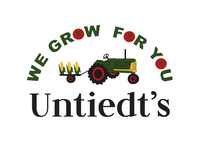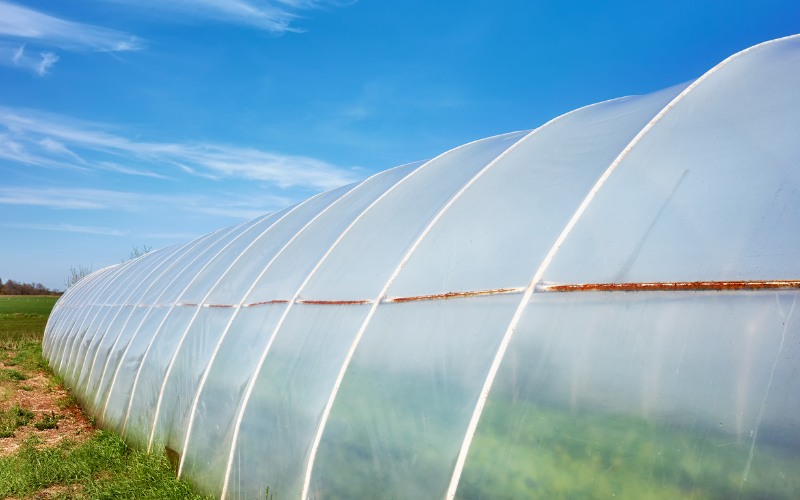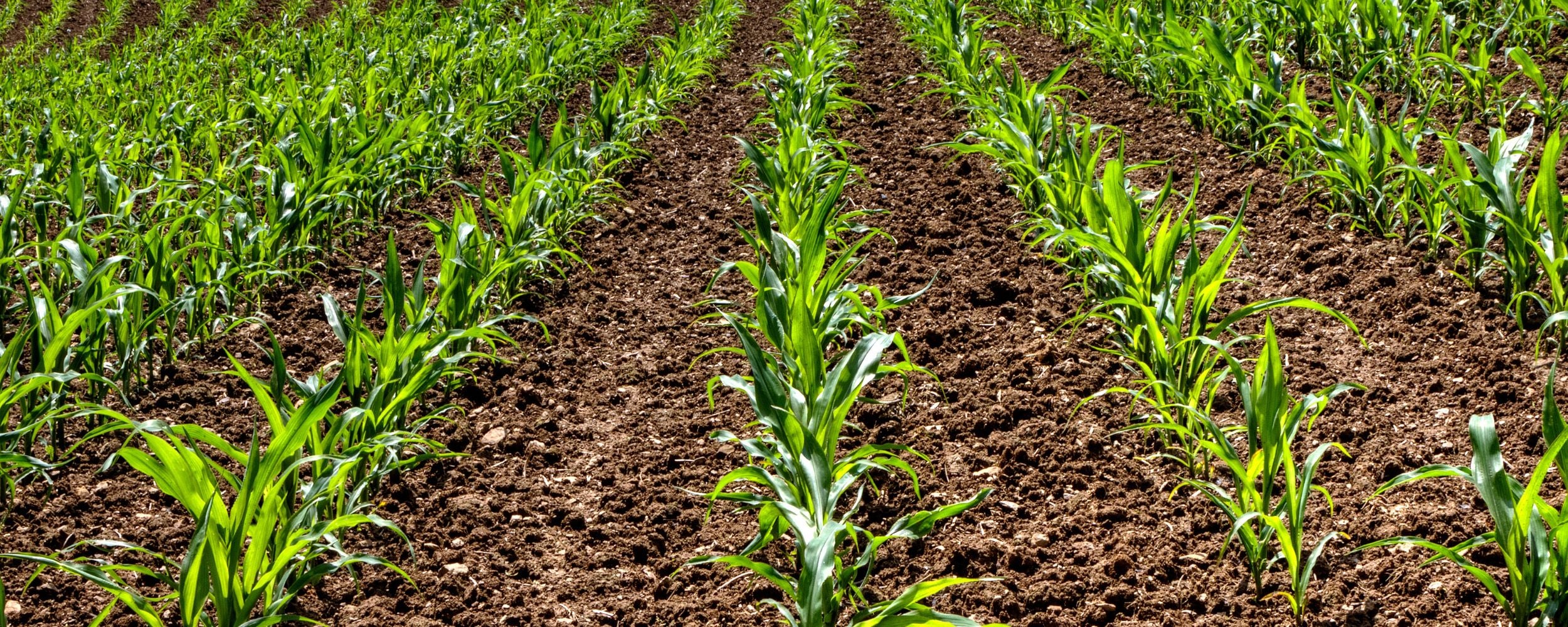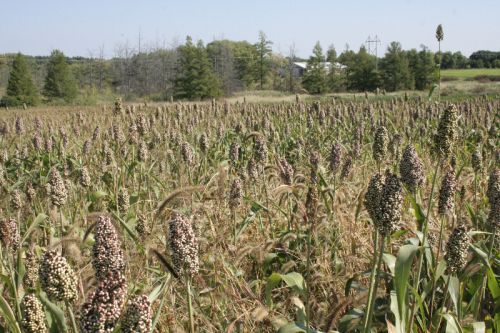On Untiedt’s Vegetable Farm, we have been engaged in high tunnel agricultural production for over 30 years. Certainly one of the newer buzzwords in specialty crop agriculture today, high tunnel agricultural production has been present for a relatively long time.
Originally catching our attention while investigating growing-season extension ideas, we noted this technology being used in Spain and France. People in these countries were making use of simple, low-cost metal framing and lightweight polyethylene covering material to form tunnel like structures over their crops. These structures protected their crops from the natural elements and extended their growing seasons.
Growers noted increases in crop production due to earlier planting dates and increases in the length of their fall harvest season due to the micro-climate created by the tunnel framing and covering. Believing this technology had significant relevance to Minnesota specialty crop farming, we began, and continue, to embrace the European “high tunnel.”
Gradually, we’ve come to understand the many benefits of using “high tunnel” technology in the production of our various small fruit and vegetable crops.
We use the same soil amendment programs and land cultivation techniques learned from open field farming. The only difference in high tunnel farming is that we place steel skeletons over the fields and then cover them with removable and recyclable plastic covers. This forms a tunnel with a plastic covering that we keep tightly closed during the early beginning and late ending of the season to trap heat (to reduce the risk of a hard frost and to raise the soil temperature for optimal growing conditions).
By creating an environment to retain heat (a free resource from the sun) spring arrives three weeks earlier than normal and fall departs three weeks later; presenting the grower with an extended harvest and selling season.
Before planting, we gently cultivate the soil and construct a series of “raised beds”. On these raised beds, we place a thin drip irrigation line to provide water when our crop is planted. Next in this process is the placement of a black plastic mulch to cover the raised bed; followed by the placing of our vegetable or fruit transplants.
The use of the drip irrigation lines allows us to conserve our water resources by only watering a narrow area alongside of our plants. Leaving the aisles dry and unwatered is different from traditional irrigation, which wets the entire area of the tunnel or field.
By placing the black plastic mulch over the beds and watering only the bed area we suppress weed growth, conserve our precious water ,and increase the soil temperature substantially. But when weeds do grow, every square foot of high tunnel area is weeded by hand. We NEVER use herbicides in the tunnels - EVER!
Through the use of our preseason soil amendments (worm castings, compost and manure) along with the raised bed construction, drip irrigation and mulch covering, we will have constructed a plant-friendly micro-climate.
In addition, our placement of beneficial pollinators (bumblebee colonies) within the high tunnel yields a plant friendly environment rivaling the best outside growing areas, but at least three weeks earlier. We supplementally feed the bumblebee colonies with cane sugar until the first flower blossoms appear on our transplants. At that time the supplemental feed is removed and the bumblebees move on toward plant pollen as their major food source.
Bumblebees are used in place of regular honeybees because of their friendly nature and ability to navigate beneath the plastic coverings of the high tunnels, an environment in which honeybees fail to flourish. Among the reasons for honeybee’s failure are: bee panic, loss of orientation, and leaving the tunnel to never return again.

These high tunnels also offer risk reduction in the form of protection from strong winds, protection from hail and episodic torrential downpours, and protection from many harmful insects. This substantially reduces the need to apply a low-toxicity pesticide.
Beginning with our first small tunnel many years ago, and continuing to expand our tunnel coverage to several acres, we continue to hone this concept. This rewarding enterprise benefits the local food consumer and the soils upon which the crops are grown. It yields an earlier, more flavorful and nourishing fruit and vegetable, while protecting the soil environment through decreased nutrient leaching and less soil erosion.
We believe our future lies in the embrace, and development, of this technology’s hybridization in the forms of supplemental heat, tunnels within tunnels (to add additional natural solar heating and insulation), research into additional varieties of small fruits and vegetables which are tunnel compatible and the use of soil amending techniques. We persevere to advance these concepts in what we believe to be a true win-win opportunity for our environment, our customers, and Untiedt's Vegetable Farm.



